Every gardener is familiar with the recipe for creating compost: a perfect mix of greens and browns, water, turn, water, turn, water, turn, profit*. The pile heats up, the pile cools down. The result is humus, that beautiful black soil amendment that every growing garden needs.
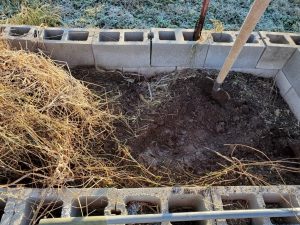
In popular, or “hot” composting, the wet mix of greens (high nitrogen material, like grass clippings) and browns (high carbon material, like fallen leaves) creates a perfect environment for microorganisms to break down your organic material. As they feed and grow, the pile literally heats up as it shrinks and rots, quickly turning lots and lots of material into surprisingly little humus.
But did you know you can get to “profit” without a perfect mix, turning, or watering? You can, and the method is called “cold composting”. All you need is organic material, space, and especially time.
The recipe is deceptively easy: in a contained area that touches the ground, pile all the organic material you can into it. Grasses, shredded paper, wood chips from the coop, just throw them on top. At the end of the growing year, harvest your compost.
The shape of the container you use can vary based on your available space. For some, a compost cage, made up of a tall circle of fencing held up by a fence post, is fine. All year long, grass clippings go in, and every time the lawn is mowed, there’s room for more.
In addition to my compost cages, I have a lazy man’s raised bed that I fill all year. From 100 square feet of bed, I harvested about 70 cubic feet of compost on Saturday. That’s 4” of compost to add to two other beds with barely any work at all.
The advantages of cold composting are obvious: you don’t have to work at this. You don’t have to water or turn or stick a thermometer in the pile. Keep piling stuff on top and the rain and sun and microbes will do all the work. Just know that the more material you have touching the ground, the faster it will break down (this is why I prefer the bed to the cage, given the choice).
So, what are the downsides?
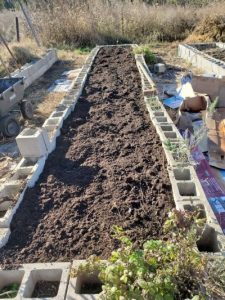
From what I can tell, there are two:
First, cold composting, because it does not necessarily heat the pile, does not kill weed seeds the same way hot composting does. If you compost material that has lots of seeds you don’t want growing, you’ll need to mulch whatever beds you add the compost to**. Since it does not kill weed seeds, it probably does not kill viruses and the like, so don’t compost anything (e.g. pet waste, heavily diseased plants) that you would not add directly to the garden.
Secondly, it takes time. Like all year. In cold composting, you are trading the convenience of doing no work for the convenience of having compost quickly and on demand. You’ll get lots of compost, you just won’t get it all the time.
A gardener with lots of space and lots of material to work with might try a bit of both. For me, because I do all my bed work in the fall, cold composting provides me with plenty of material work with, just when I need it.
* There have even been whole books written about how to do it perfectly.
** Which you should be doing anyway. Mulching is especially beneficial to raised beds.





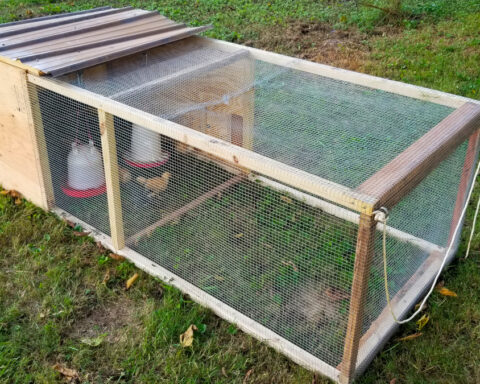
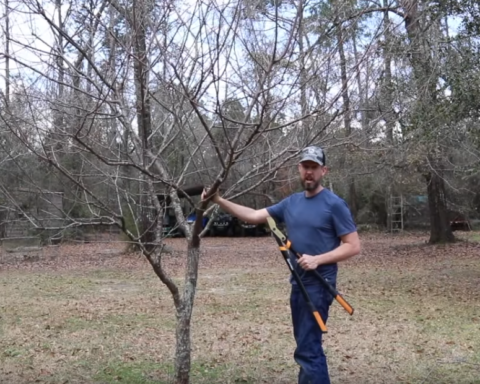
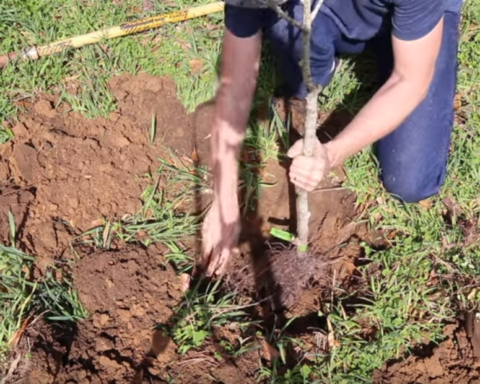
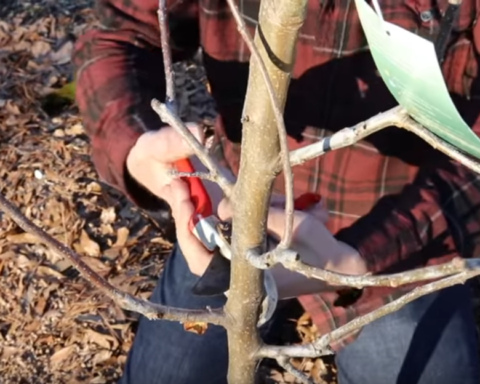
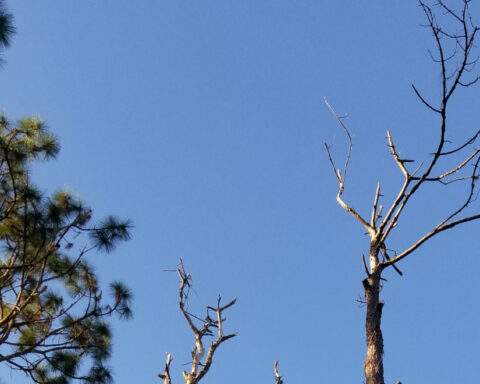
Nice article. My favorite method. I have a large area along side my shed where I built a 3 ft high wall with old cinder blocks. Makes a great cold compost pile. It’s also a very handy place to put the leaves in the fall. Those I blow into lines and make one pass over them with the lawn mover. That shreds them down into tiny pieces. Then I put the bagger on the mower and pick them up. They break down a lot quicker that way. If I need quicker compost I use a Tumbleweed bin that does a nice, fast job for smaller amounts………
5